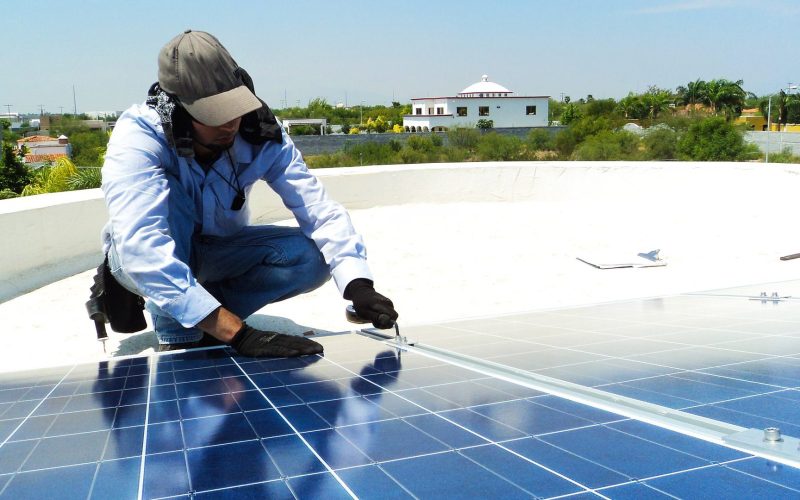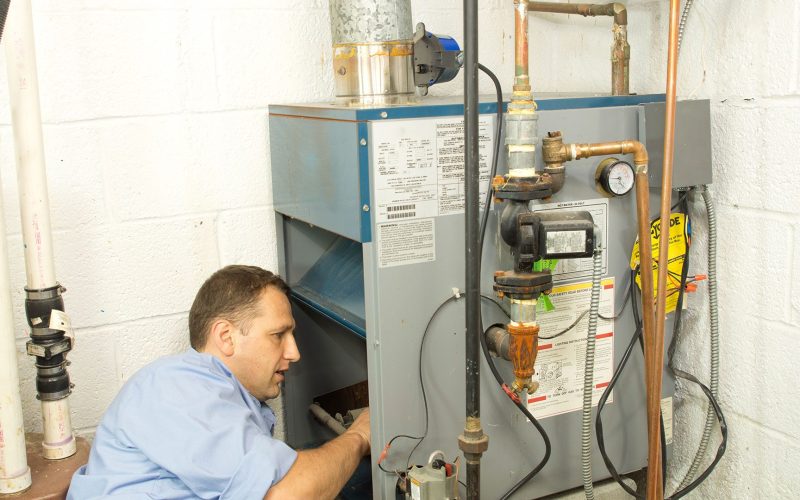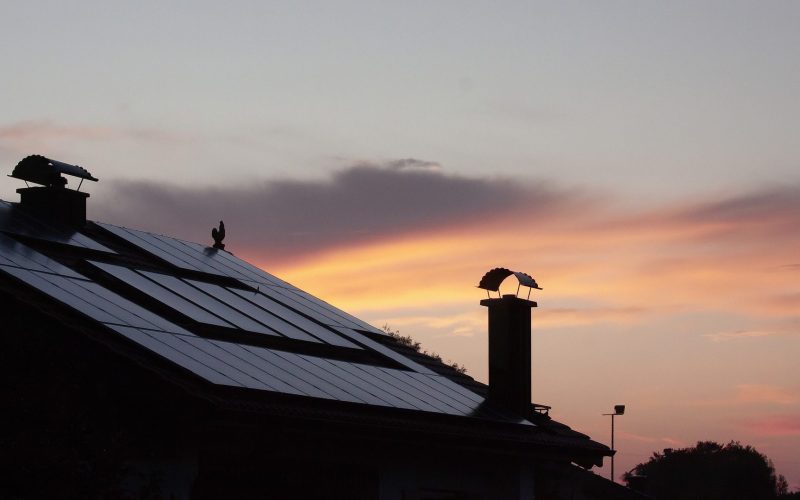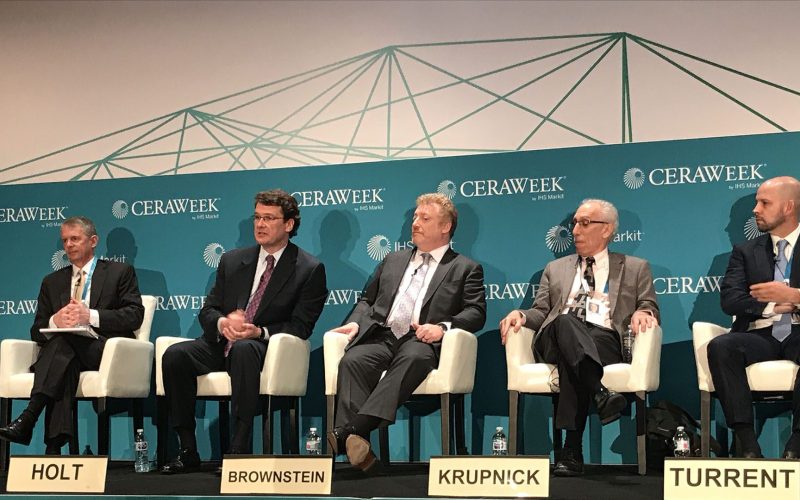THE VOICE FOR THE ENERGY CONSUMER

CEA President David Holt looks at how some special interest groups are working to prevent scientific studies that examine the potential for offshore energy development in order to better inform.

CEA’s Brydon Ross discusses why it is important to put in place responsible energy policies that will allow for the growth of solar energy in Kentucky. Future compensation to sell.

CEA’s Link Browder discusses how pipelines and other energy infrastructure help to keep energy prices affordable for Louisiana families. And while social service programs that aid low-income families help foot.

Brydon Ross discusses how legislation updating Kentucky’s energy policies has changed during the legislative process to further safeguard Kentuckians who have invested in solar energy while ensuring solar can continue.

CEA’s Kevin Doyle discusses the benefits of offshore energy exploration for families across the Peach State. Fortunately, through a combination of improved tools, management and regulation, the energy sector’s embrace.

Houston, TX — Consumer Energy Alliance (CEA), a national advocate for energy consumers and low income households, today released a statement by CEA President David Holt on the ruling by.

It’s been over a decade since Kentucky’s policymakers have revisited energy policy to assess the state of renewable energy and how to best encourage sustainable, long-term growth. This helps our.

Consumer and Business Groups to DOI: More Access to Energy Helps Louisiana Families and Businesses, Powers Economy Consumer Energy Alliance and Louisiana Groups Urge Support for Federal Government’s Proposed Offshore.

Consumer Energy Alliance’s Brent Greenfield participated in a press conference in support of affordable energy and economic growth through offshore energy exploration. Lifted up by human innovation and technological advances,.

CEA President David Holt participated in a CERAWeek panel focused on challenges to expanding energy infrastructure with representatives from energy managers, environmental and conservation groups. “While solar and wind are.